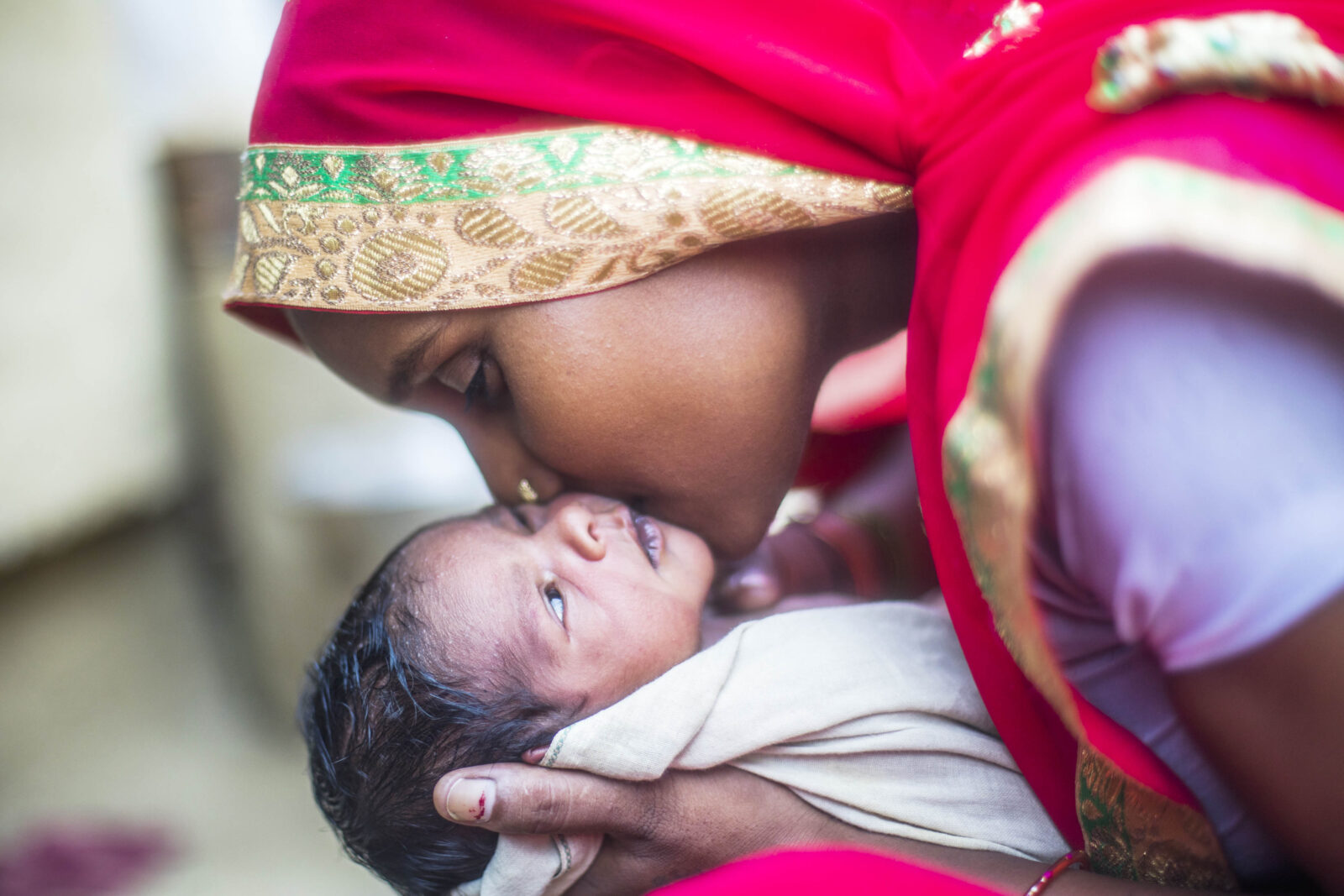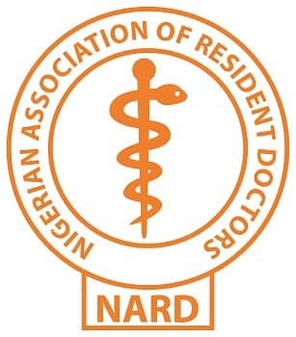According to statistics, Nigeria’s maternal mortality rate stands at 1047 deaths per 100,000 live births, making it one of the most hazardous countries in the world to give birth. This staggering reality raises critical questions about the state of the healthcare system and the fate of mothers, Blessing Otobong-Gabriel writes. Nigeria, Africa’s most populous country, is facing a devastating health crisis that claims the lives of thousands of mothers every year.With one of the highest rates of maternal mortality in the world, its healthcare system is struggling to provide adequate care to pregnant women and new mothers, resulting in unnecessary deaths and shattered families.
According to the World Health Organisation, WHO, Nigeria’s maternal mortality rate stands at 814 deaths per 100,000 live births. This staggering statistics translates to over 40,000 maternal deaths annually, making it one of the most hazardous countries in the world to give birth.
As Nigeria continues to grapple with its maternal mortality crisis, government, healthcare providers and the civil society must work together to address the root causes of maternal mortality and ensure that all women have access to quality healthcare.
On Tuesday, Child Nutrition Fund, CNF, managed by United Nations Children’s Fund, UNICEF, provided three million bottles of Multiple Micronutrient Supplements, MMS, in 2024 to improve maternal health in Nigeria.
The Communication Officer, UNICEF, Anike Alli-Hakeem said additional three million bottles will be received in 2025 to support pregnant women. However, with 12 million pregnancies annually, more efforts are needed to scale up MMS availability.
According to the statement, Nigeria has one of the highest rates of maternal mortality in the world with 1047 deaths per 100,000 live births and a high proportion of babies are born with low birth weight or prematurely, putting them at increased risk of death compared to full-term, healthy babies.
The statement reads, “Many challenges contribute to maternal mortality including maternal nutrition, leading to widespread micronutrient deficiencies. The National Food Consumption and Micronutrient Survey (2024) revealed that many pregnant women in Nigeria suffer deficiencies in iron, zinc, Vitamin A, folate and other essential nutrients. Addressing these gaps is critical to improving maternal health and child survival.
UNICEF informed that the three million bottles of MMS in 2024, donated by Kirk Humanitarian Foundation was distributed during the second round of the Maternal Newborn and Child Health Week, MNCHW, in 2024. In 2025, through CNF, Nigeria will receive additional three million bottles donated by Kirk Humanitarian to expand coverage and reach more pregnant women in need.
UNICEF works in some of the world’s toughest places, to reach the world’s most disadvantaged children. Across more than 190 countries and territories, we work for every child, everywhere, to build a better world for everyone.
“UNICEF works in some of the world’s toughest places, to reach the world’s most disadvantaged children. Across more than 190 countries and territories, we work for every child, everywhere, to build a better world for everyone.
“Ensuring that pregnant women receive the necessary micronutrients is a vital step in reducing maternal mortality and improving child health. This donation is a testament to our commitment to suppor the Government of Nigeria in scaling MMS coverage and making maternal health a national priority,” UNICEF’s Representative in Nigeria, Cristian Munduate, noted.
With an estimated 12 million pregnancies in Nigeria in 2024, according to the National Primary Health Care Development Agency, NPHCDA, there remains a pressing need to scale up MMS availability and ensure its widespread use. To achieve this, it is crucial for the federal and state governments to invest in MMS procurement through the unique 1:1 match fund mechanism of the Child Nutrition Fund.
“Nigeria is taking decisive steps to address maternal nutrition challenges. The inclusion of MMS in our Essential Medicines List and investments in local production are key milestones in ensuring sustainable access. Government remains committed to expanding this initiative to reach every pregnant woman in need,” the Coordinating Minister of Health and Social Welfare, Professor Mohammed Pate, said.
“We are proud to be part of this collaborative effort to improve maternal and child health in Nigeria. Providing MMS at scale is one of the most impactful ways to support healthy pregnancies and ensure better outcomes for mothers and babies. Our goal is to continue working with partners to expand this initiative.
“UNICEF remains committed to supporting the Government of Nigeria in scaling up MMS coverage and strengthening maternal and child health interventions. Nigeria has taken a pioneering step by being one of the first countries to include MMS in the Essential Medicines List and invest in local manufacturing of MMS, ensuring long-term sustainability,” Founder of Kirk Humanitarian, Spencer Kirk, noted.
The Child Nutrition Fund, managed by UNICEF, is supported by a coalition of global partners, including Children’s Investment Fund Foundation, Foreign Commonwealth and Development Office, Gates Foundation and Kirk Humanitarian. This fund provides sustainable financing model that ensures more pregnant women receive essential micronutrients for a healthy pregnancy and improved birth outcomes.















Leave a comment